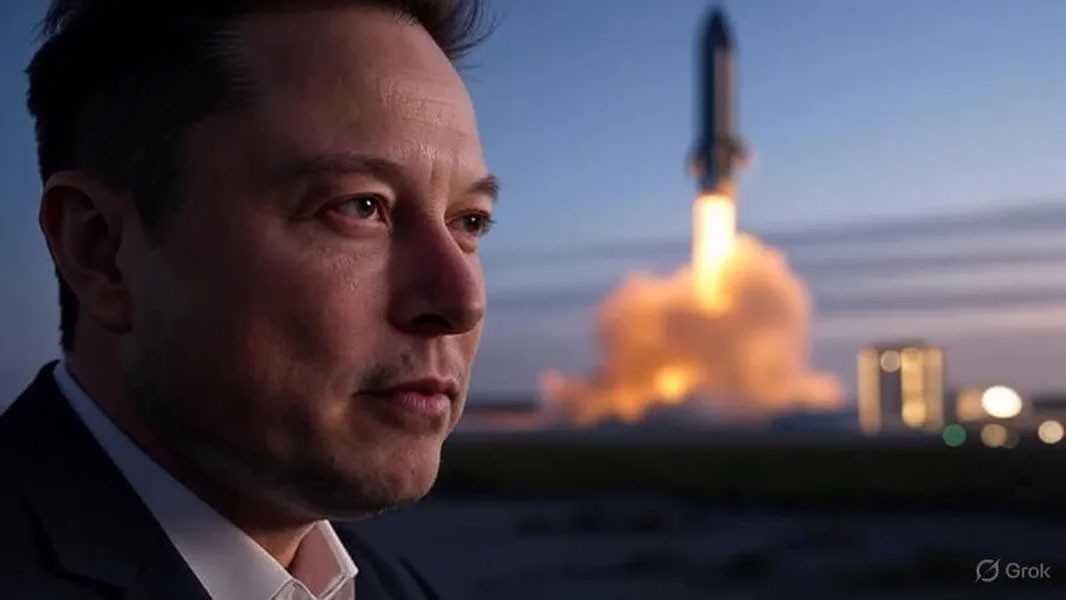The American aerospace industry is approaching the next key stage: SpaceX plans to conduct the tenth orbital launch of a super-heavy Starship rocket in three weeks. This was announced by the founder of the company Elon Musk, emphasizing that the preparation of the mission is actively continuing after the recent incident at the test site.
Initially, the launch of Flight 10 was scheduled for June 2025, but the timing had to be revised after a serious technical anomaly. On June 18, at the Starbase test complex in Texas, the prototype of the Starship rocket encountered an emergency situation: a powerful explosion occurred, followed by a fire that required the intervention of emergency services. An hour and a half after the incident, the company officially confirmed the incident, announcing a set of security measures and damage assessment. The fire at the facility lasted several hours, but was localized within the landfill.
The accident did not affect the overall development strategy of Starship, but only demonstrated the difficulties associated with the creation of reusable heavy missiles of a new generation. We are talking about a system designed not only for the delivery of satellites and cargo, but also for promising interplanetary missions, including flights to the Moon and Mars.
Starship is one of SpaceX's most ambitious projects, aimed at dramatically reducing the cost of putting cargo into orbit through reusability and full integration of the first and second stages. Previous flights on Flight 8 and Flight 9 allowed the company to collect critical data on thermal protection, return control, and stability during stage separation. The tenth mission will not only test improved systems, but also demonstrate the company's ability to quickly recover from accidents.
It is expected that the upcoming launch will test new elements — including an updated landing control system and modified thermal protection. The results of Flight 10 will have an impact on further rocket certification for both commercial customers and U.S. government programs, including potential NASA Artemis missions.
Against the backdrop of geopolitical competition in space, SpaceX's technological leadership remains strategically important for the United States. Musk remains one of the few entrepreneurs whose private initiatives can shape the shape of the global space infrastructure for decades to come.











